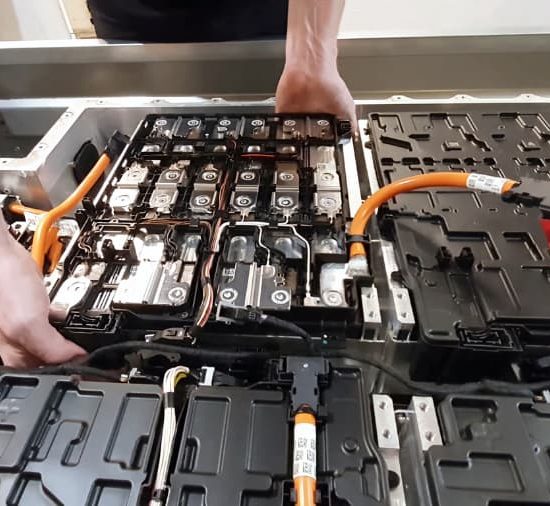Subsidized vs. Unsubsidized Federal Loans: Understanding Which To Borrow
Attending college is an investment: it requires a commitment of time as well as money. While technical college is typically more affordable than a four-year degree program, you’ll still need to figure out how to finance your education. If you are thinking about applying for federal student aid, you may be wondering about subsidized versus unsubsidized loans. In this post, NYADI The College of Transportation Technology in Jamaica, NY, shares details about these two popular types of federal student loans.
Understanding Student Loans
In general, students can apply for educational loans from the government or through a private lender, such as a bank. The federal government offers a few kinds of loans:
- Direct Unsubsidized:This federal loan is typically available to any undergraduate or graduate student. Students pay interest on direct unsubsidized loans while they are in school.
- Direct Subsidized:This type of need-based federal loan is available for undergraduate students. A student is not charged interest payments on direct subsidized loans while they are in school.
- Direct Parent Loan for Undergraduate Students (PLUS):This is a type of federal loan for graduate students or parents of undergraduate students. To qualify for this type of loan, you must pass a credit check.
What Are Direct Subsidized Loans?
Direct subsidized loans are available to undergraduate students who demonstrate financial need. The amount you borrow can’t exceed your need and is determined by the cost of attendance minus your expected family contribution and other aid, such as grants or scholarships. Loan limits vary, but they are generally lower than direct unsubsidized loan limits. If your family’s income is over a certain amount, you may not qualify for a subsidized loan.
The U.S. Department of Education pays the interest on direct subsidized loans for students who are enrolled in academic programs at least half-time. The education department will continue to pay the interest for the first six months after the student graduates (this is known as a grace period) and during deferment periods.
What Are Direct Unsubsidized Loans?
Direct unsubsidized loans are available to both undergraduate and graduate students. Unlike subsidized loans, the loan recipient does not need to demonstrate financial need to get an unsubsidized loan, and they are responsible for paying all the interest. If you choose not to pay interest while you’re in school, your interest will accrue and be added to the principal amount of your loan.
Both subsidized and unsubsidized loans have fixed interest rates, so the interest rate will not go up or down for the life of the loan. The U.S. Department of Education has extended COVID-19 emergency relief for student loans through Aug. 31, 2022. This means all eligible federal student loans carry a 0% interest rate and loan payments have been suspended until Aug. 31.
Applying for Student Loans
To be eligible for federal student loans, you must be a U.S. citizen, U.S. national, or legal permanent resident. You must also:
- Maintain satisfactory academic progress
- Be enrolled in school at least half-time
- Have a valid Social Security number
- Hold a high school diploma or equivalent
If you have defaulted on existing federal loans, you may be ineligible for additional federal assistance.
Students can apply for federal aid by completing the Free Application for Federal Student Aid (FAFSA). In general, students should borrow federal loans before they take out private loans. Private student loans can carry higher interest rates and have fewer repayment options. If a student doesn’t have an established credit history, they may need a co-signer (such as a parent) to qualify for a private loan.
Learn More About Subsidized Vs. Unsubsidized Loans from NYADI
Give yourself the benefit of a strong educational foundation by enrolling in a degree or certificate program at NYADI. A technical college located in Jamaica, NY, we offer associate degree and certificate programs to prepare students for careers in automotive service, collision repair, and diesel technology. NYADI offers financial aid to students who qualify. We work with students one-on-one to complete the FAFSA and can help you create a tuition planning strategy. NYADI also is a veteran-friendly campus and helps former service members pursue their educational goals using GI bill benefits. To learn more about career-ready education at NYADI, contact an admissions representative today.


